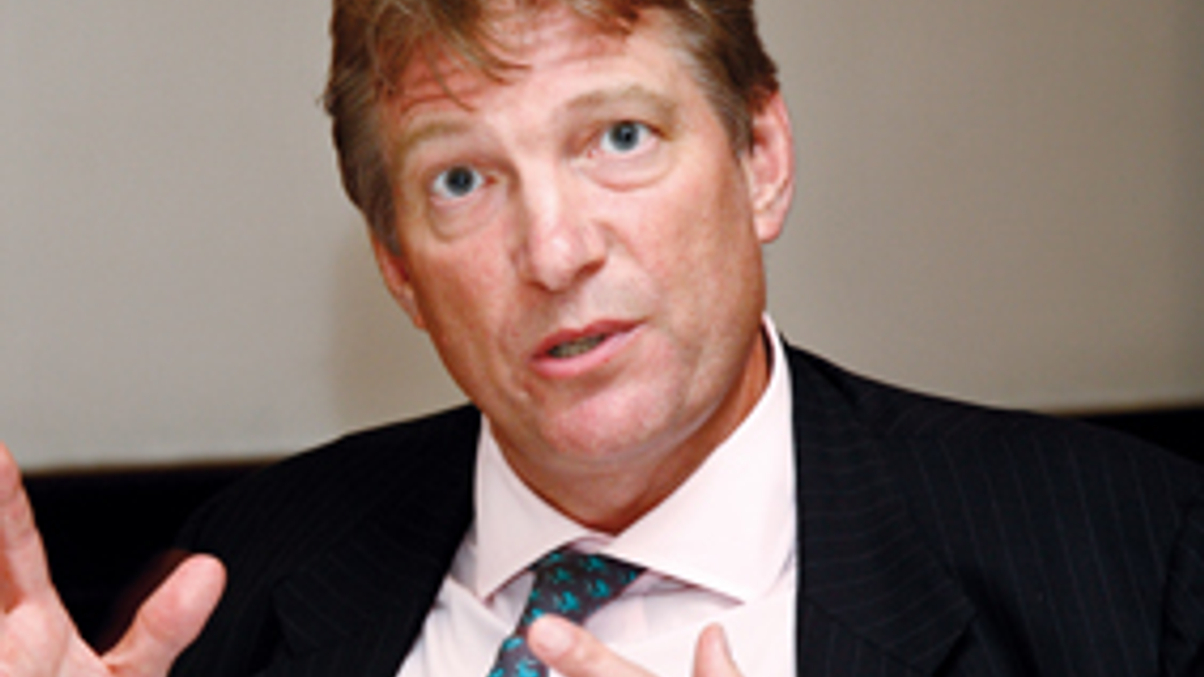Paul Smith to buy side: do you add value?
Appointed president and CEO of the CFA Institute, Paul Smith will use the platform to seek change among the biggest fund management companies.

Paul Smith this week began work as president and CEO at Charlottesville, Virginia-based CFA Institute, administrator of the financial analyst qualification.
Sign in to read on!
Registered users get 2 free articles in 30 days.
Subscribers have full unlimited access to AsianInvestor
Not signed up? New users get 2 free articles per month, plus a 7-day unlimited free trial.
¬ Haymarket Media Limited. All rights reserved.


